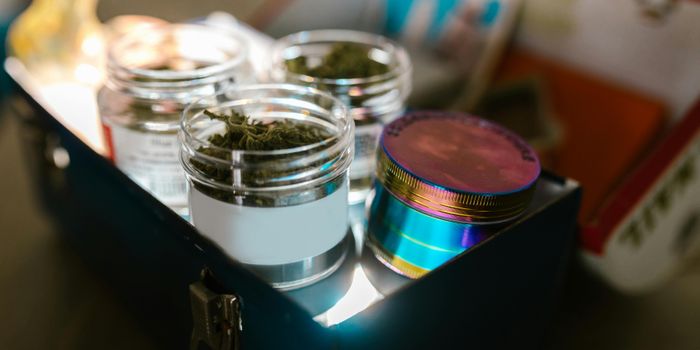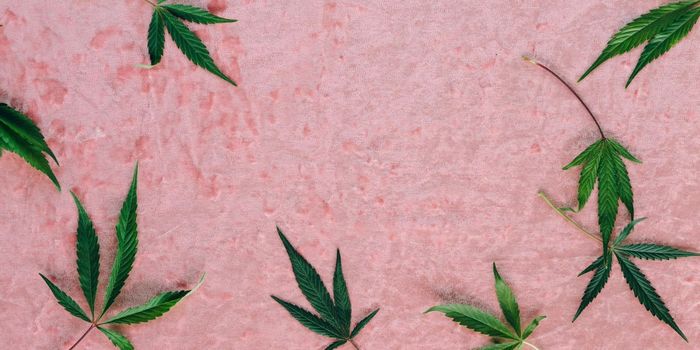Study Explores Sleep, Psychological Symptoms, and Cannabis Use Before, During, and After COVID-19 Lockdown Orders
A study published in the Journal of Cannabis Research examined the reciprocal relationship between sleep, mental health, and cannabis use before, during, and one year after the COVID-19 stay-at-home order implementation.
The study included 534 young adults (21–34 years old) from Oregon and Washington. Prior to stay-at-home orders, the participants previously completed a survey on sleep and cannabis consumption patterns. The research team used the Cannabis Use Disorders Identification Test-Revised (CUDIT-R) to assess past-six-month cannabis use. The researchers conducted follow-up surveys after two months of initial stay-at-home order implementation, and one year later to reevaluate sleep and cannabis use. The follow-up surveys evaluated mental health symptoms and other health indicators.
The researchers utilized cross-lagged panel models to assess the link between cannabis use and sleep at the three different time points and multivariate parallel latent change score models to evaluate associations between changes in mental health symptoms, sleep, cannabis use, and other behavioral factors that took place from the two months after lockdowns to one year later.
The cross-lagged models showed an association between sleep trouble prior to stay-at-home orders and higher CUDIT-R scores two months after order implementation. However, this relationship lessened after one year. CUDIT-R scores were not associated with sleep trouble from pre-lockdown orders and two months after implementation of the orders. The two-wave latent change score model highlighted a change in sleep trouble between two months after orders and one year later that was positively associated with changes in depression and anxiety across this period. However, the study found no significant correlation between changes in cannabis use and changes in sleep trouble.
Data analysis revealed an inconsistent bidirectional link between sleep problems and cannabis consumption. The findings indicated that quality of sleep predicted mental health measures, whereas cannabis use did not.
The study provides valuable insights into developing and implementing public health initiatives during a global pandemic. The pandemic suggested a turning point in America's perceptions of cannabis. States with legal cannabis programs declared dispensaries were essential businesses and pivoted to provide curbside pickup and delivery.
Source: Journal of Cannabis Research








